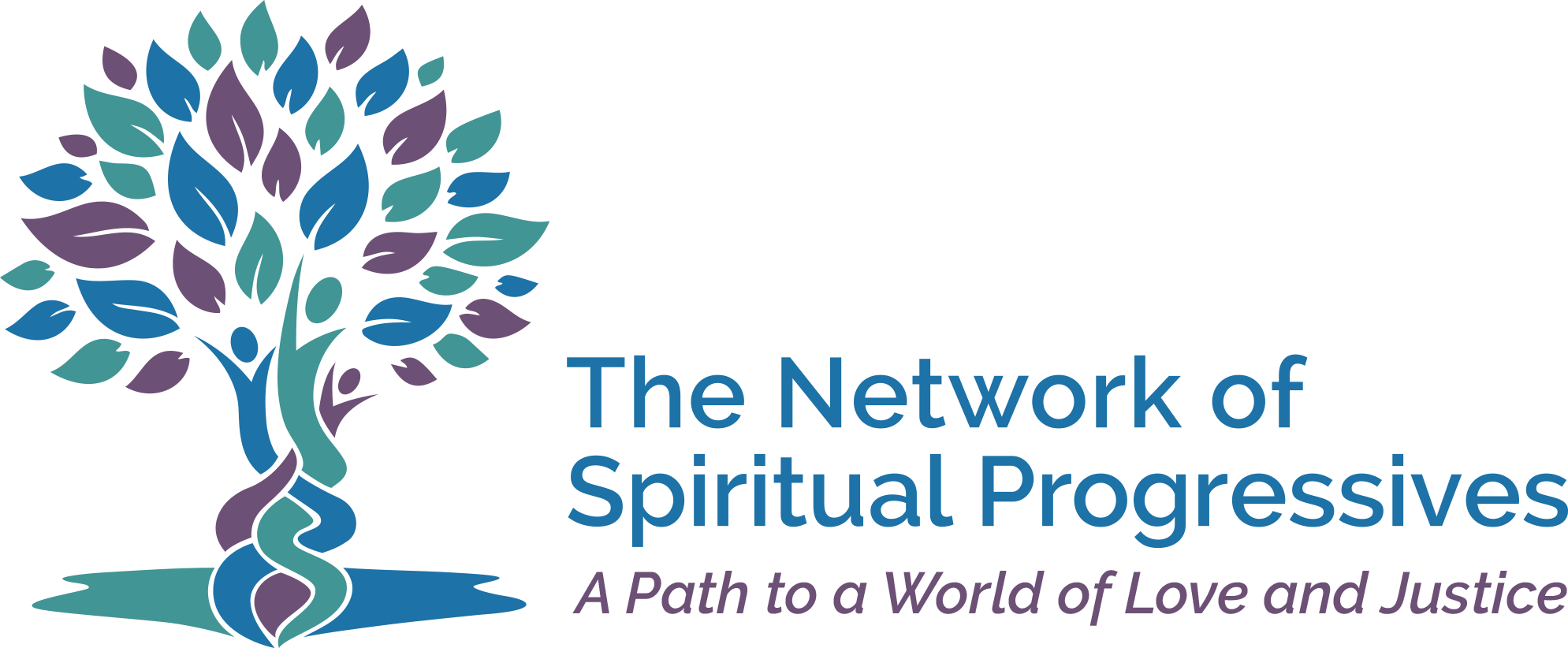Many people on the Left, as well as many spiritual people, often struggle with the idea of leadership and believe that for groups to be equitable and for everyone to matter in a group, a group should be leaderless. But this overlooks the fact that we do not yet have the ideal community that we seek, and that to come together, we sometimes require the wisdom of spokespeople and guides among us to bring us together from our fearful starting-points. Therefore, we are an organization that believes in spiritual leadership and values leaderful and supportive groups. Here are some definitions we hope are helpful.
A spiritual leader is someone who is psychologically and spiritually developed and compassionate. Someone who can create and hold a safe space, and can guide and lead the group so it remains focused on its goals and moves towards achieving those goals. A spiritual leader brings a spiritual vision that helps people connect with their own highest aspirations and is willing to stand for something and fight for that vision. A spiritual leader is also willing to engage with people in difficult and challenging situations within the group and has enough inner strength to handle people being angry with him/her.
In our movement, a leader is someone who really stands for the New Bottom Line and our Platform for a Loving and Just World and is willing to challenge people to rethink their assumptions about the world even at the expense as being seen as unrealistic, utopian or too idealistic.
Leaderful and supportive communities are in fact one and the same. Everyone can be taking on constructive leader or supporter roles in a fluid, proactive way, without needing to make formal agreements, though sometimes formal agreements are helpful (i.e., today X person is helping set up for lunch, Y person is buying the supplies, etc.). When people take on roles that are supportive to the functioning of the group, the sense of community is strengthened, the commitment in the participants deepens, and people learn new skills.
In a leaderful community, each of us has the responsibility to develop our leadership qualities and skills so that we can each, when appropriate, take leadership in the group. Leadership in this sense is defined as anything that is constructive in moving the group closer to its goals. It can be something as simple as straightening up the room, organizing the food for the group, facilitating a discussion, or teaching a piece of the work. When there is a leaderful community and people “step up” to take on roles that are important to support the group, there is more leadership and the activities and requirements don’t all fall on a few people. People develop their skills and gain greater confidence.
An adjunct to this thinking is the concept of supportive communities. This means that people need to learn to be good “supporters” as well, which can mean being good support people, doing self-facilitation in the group (not speaking too much or out of turn, and perhaps not speaking too little so that only a few voices are heard), being aware of the group’s needs and stepping into leadership roles as needed, and being good listeners for the presenters in the breaks to help them prepare their sessions.
Building trust in a group requires a willingness to be vulnerable, to receive feedback, to give honest feedback, to be self-reflective, and to model this to the group. It requires a willingness to change your mind and also to hold your ground.
